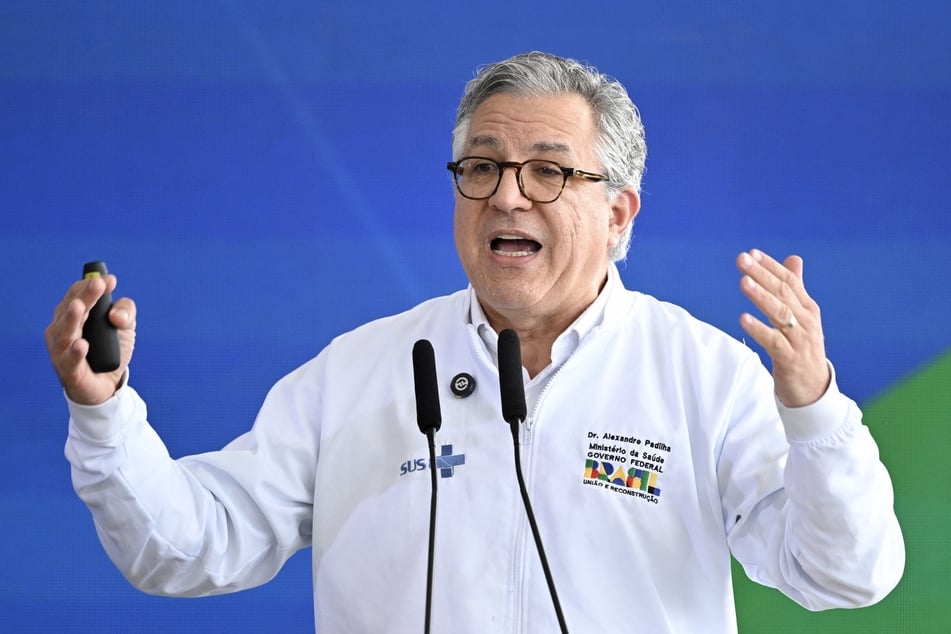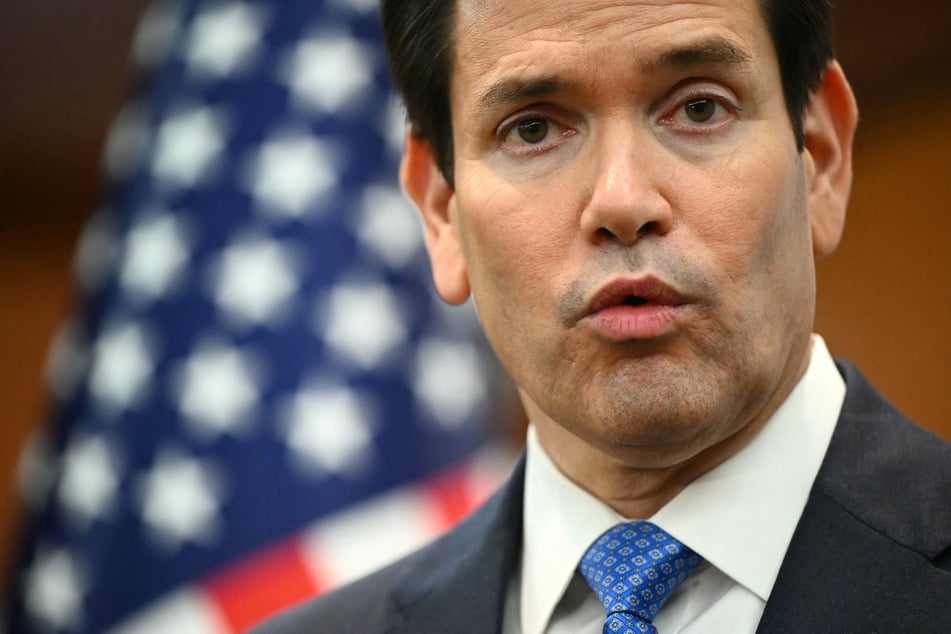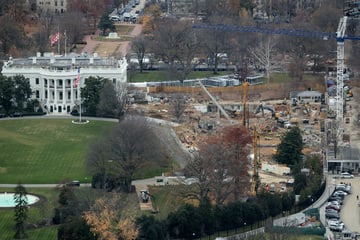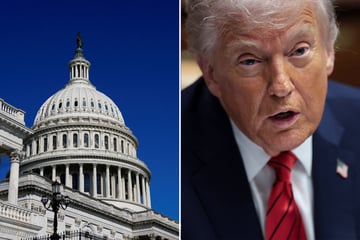Trump administration revokes visas of Brazilians involved in Cuba's life-saving medical missions
Washington DC - The US on Wednesday announced it was revoking the visas of two Brazilian officials who allegedly played a role in Cuba's program to send doctors abroad.

"Today, the Department of State took steps to revoke visas and impose visa restrictions on several Brazilian government officials, former Pan American Health Organization (PAHO) officials, and their family members for their complicity with the Cuban regime's labor export scheme in the Mais Medicos program," Secretary of State Marco Rubio said in a statement.
The officials were involved in "the Cuban regime's coercive labor export scheme, which exploits Cuban medical workers through forced labor," Rubio added.
Earlier Wednesday, Rubio announced visa restrictions on African officials, without specifying the countries involved, as well as Grenada, for the same reasons.
Brazil's Health Minister Alexandre Padilha called Washington's sanctions "unjustifiable attacks," saying "the program saves lives and has the approval of the only ones who matter: the Brazilian population."
The US had recently announced that it would tighten visa restrictions on Cuban and foreign officials, along with their relatives, linked to Cuban medical missions around the globe.
"This scheme enriches the corrupt Cuban regime and deprives the Cuban people of essential medical care," said Rubio, who is of Cuban heritage.
Trump administration ramps up attacks on Brazil

Cuba's healthcare system is public and meant to be universally accessible, but decades of sanctions and a downturn in tourism mean the communist country is no longer medically self-sufficient.
Last year, the island nation of 9.7 million people could not afford the $300 million needed to import raw materials to produce hundreds of critical medicines.
The Brazilian officials, identified as Mozart Julio Tabosa Sales and Alberto Kleiman, worked for Brazil's Ministry of Health as part of the Mais Medicos program, according to the State Department.
Padilha said Wednesday that the program "will survive."
Since Trump returned to the White House, the US government has taken a considerably tougher stance on the island, including issuing sanctions against its president, Miguel Diaz-Canel.
Washington has also recently increased its sanctions against Brazil, targeting a Supreme Court judge involved in the trial of former president Jair Bolsonaro.
Cover photo: MANDEL NGAN / POOL / AFP

